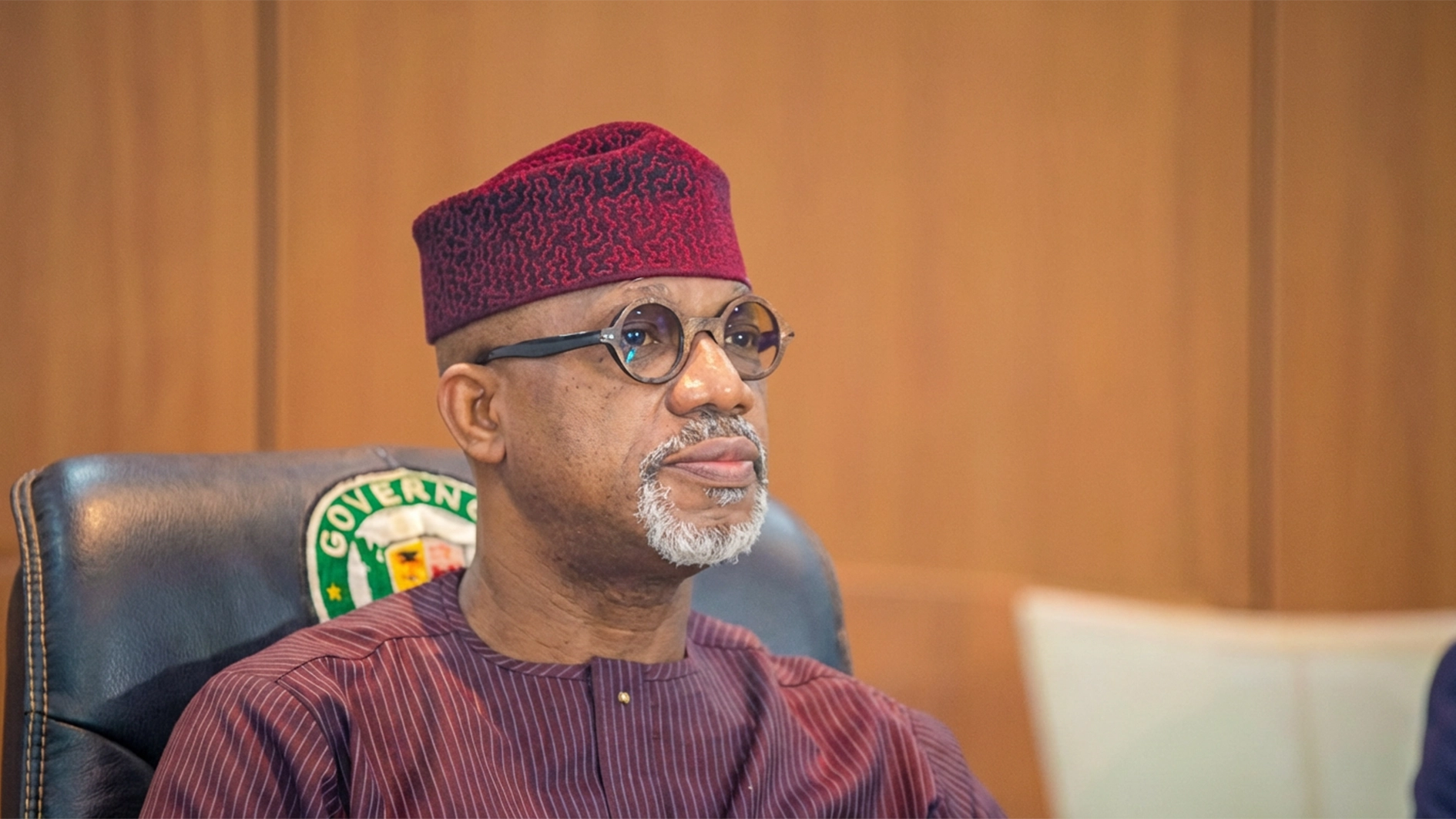 The Private Telecommunications and Communications Senior Staff Association of Nigeria (PTECSSAN) has rejected the planned nationwide protest by the Nigeria Labour Congress (NLC) over the recently approved 50 per cent increase in telecoms tariff.
The Private Telecommunications and Communications Senior Staff Association of Nigeria (PTECSSAN) has rejected the planned nationwide protest by the Nigeria Labour Congress (NLC) over the recently approved 50 per cent increase in telecoms tariff.
PTECSSAN in a letter, dated January 27, 2025, addressed to the NLC leadership, argued that the tariff hike, though painful, is necessary to prevent the imminent collapse of the sector, which could have far-reaching consequences for the economy.
The NLC had earlier rejected the tariff increase, describing it as an additional burden on Nigerians already grappling with rising costs of living.
The labour union directed its affiliate unions to mobilise members for a protest scheduled for February 4, 2025.
However, PTECSSAN, which represents workers in the telecoms sector, expressed disappointment that the NLC took the decision without consulting it, despite its direct involvement in the industry.
The body in the letter signed by its General Secretary, Okonu Abdullahi, highlighted the severe challenges facing the telecoms sector, including skyrocketing operational costs driven by the removal of fuel subsidies, rising prices of diesel (Automated Gas Oil), and increased electricity tariffs.
The union revealed that the cost of diesel, which powers telecoms base stations, has risen from N842.25 in May 2023 to an average of N1, 441.28 as of January 2025.
Similarly, the price of petrol used by field engineers to maintain telecoms infrastructure has surged from N198 to over N1, 030 within the same period.
The union also pointed out that telecoms operators rely heavily on foreign exchange to import equipment, but the depreciation of the naira has made this increasingly difficult.
According to PTECSSAN, the exchange rate, which stood at N460/$1 in May 2023, has now weakened to about N1, 700/$1, significantly increasing the cost of maintaining and upgrading telecom infrastructure.
It warned that without the tariff increase, telecoms operators might be forced to resort to service shedding, leading to widespread disruptions in communication services across the country. This, the union argued, would have a domino effect on other critical sectors, including finance and security.
The union also expressed concern over the welfare of telecoms workers, noting that while public sector and other private sector workers have benefited from salary increases due to the new minimum wage law, telecom workers have been left behind.
According to PTECSSAN, the inability of telecom operators to meet rising operational costs has made it difficult for them to review workers’ salaries, leaving employees vulnerable to potential job losses.
“If a situation like this persists, what employers resort to is the termination of employment of workers. We are sure that you and the Congress leadership will not be happy to see this happen, as we will not,” the letter stated.






